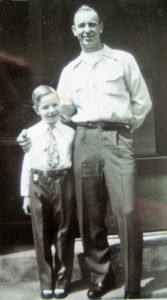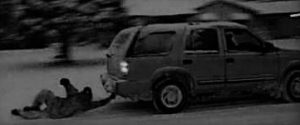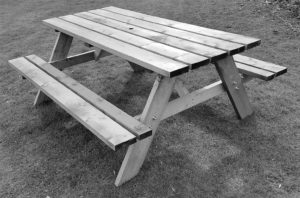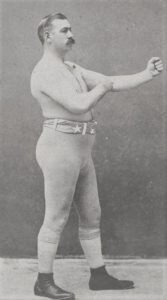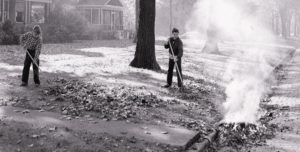A story in 4 parts about one of my experiences during the Viet Nam War
Prologue
They were called, in Vietnamese, Cat Bui – Road Dust. They were the street urchins, half Vietnamese and half something else: American, French…whatever. Their father unknown and their mother casting them out because of family disgrace. They were unacceptable to the Vietnamese, unknown or unwanted by the ones who fathered them; left to fend for themselves in the streets, sleeping – living – on the ground and roadways; outcasts from the villages, hamlets and towns where they were born.
I was in country about two months before I finally got to spend some time in the town of Bien Hoa located on the Dong Nai River. We were on the major base just outside town and shortly would be moving our contingent ( I was in the 18th Engineer Brigade) to Long Binh where the Army was constructing a new headquarters. Each day we would be bussed between the bases at Bien Hoa and Long Binh, passing the prisoner of war camp and rubber plantation along the way. Seeing the captured Viet Cong working within the confines of minefield and barbed wire, and acutely aware of the steel mesh covering the windowless openings of our bus, there was no doubt that we were potential targets of an unseen enemy in a war-torn land.
His name was Son. He was around eleven years old and his broken English was limited. He was a shoeshine boy in the town of Bien Hoa and I paid little attention to him at first since there were more bootblacks in town than there were boots and he was just another kid hustling the G.I.s for street change He was always there outside the tin-can shack they called a bar that I used to frequent.
Always out front asking: “Shoe shine, G.I.? Your shoes numba ten, I make them shine numba one, okay? Only five “P”.” I saw one soldier shove him down, and that’s when I went over to him and got my first shine. I gave him 10 piasters (the equivalent of nine cents).
Son and I became friends one day as I headed to the bar to visit my girlfriend and caught him in a verbal feud with some other shoeshine boys his age. I came over to where they were squatting and asked what was wrong. Apparently, Son owed one of the boys 100 piasters which he had borrowed some weeks before and was unable to pay back. I interceded and paid his debt. When the other boys left I invited him to come inside with me. He was afraid to do so because bar owners did not want their customers bothered by beggars while inside, but I told him not to worry since he was with me.
Inside, we sat and had a soda, and talked a little bit. The owner came over grabbing Son by the arm, gesturing for him to leave. I jumped up and angrily informed him the boy was with me and to di di mau, get away fast. The owner went back to work and we sat for a while longer until Son left to shine more shoes. I liked the kid a lot and on future trips I would let him come along with me for a while into the different hangouts and I would drink beer while he hustled shoe shines among the patrons. Of course, I always slipped the owner a little something for letting him in. At one point, I wrote home about wanting to adopt him.
It was late December (although it felt like July) when I went to town to visit my girlfriend and Son. It was almost like family, with Dad being gone for a week or two at a time. I brought Christmas gifts for them. Son got sandals, some clothes and what he wanted most of all, a parachute from a M127A1 illumination flare. He had a rubber soldier he played with and wanted the parachute to make an airborne troop since no one else in his group would have one. Needless to say, he was one happy kid that day.
Walking away, tossing the parachute with the rubber soldier attached into the air and catching it, as a passing truck surrounded Son with a swirl of dirt and sand from the road, little did I realize that would be the last time I would see my Em Trai Cat Bui…my Child of the Dust.
It has been said that as long as you remember someone, they haven’t really died; they live in the hearts of those who cannot forget. I would like to introduce you to one such person.
End Part 1
